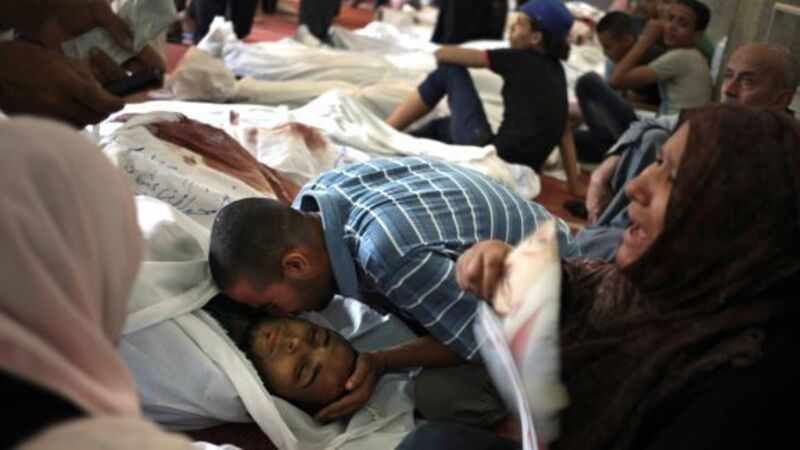UN discusses Egyptian crisis as death toll rises

The Security Council was briefed behind closed doors by UN deputy secretary general Jan Eliasson at 9.30pm. The meeting was jointly requested by council members France, Britain and Australia
The move came as the Egyptian Health Ministry raised the death toll from the day’s violence that followed a crackdown on two camps housing supporters of the ousted president to 638.














